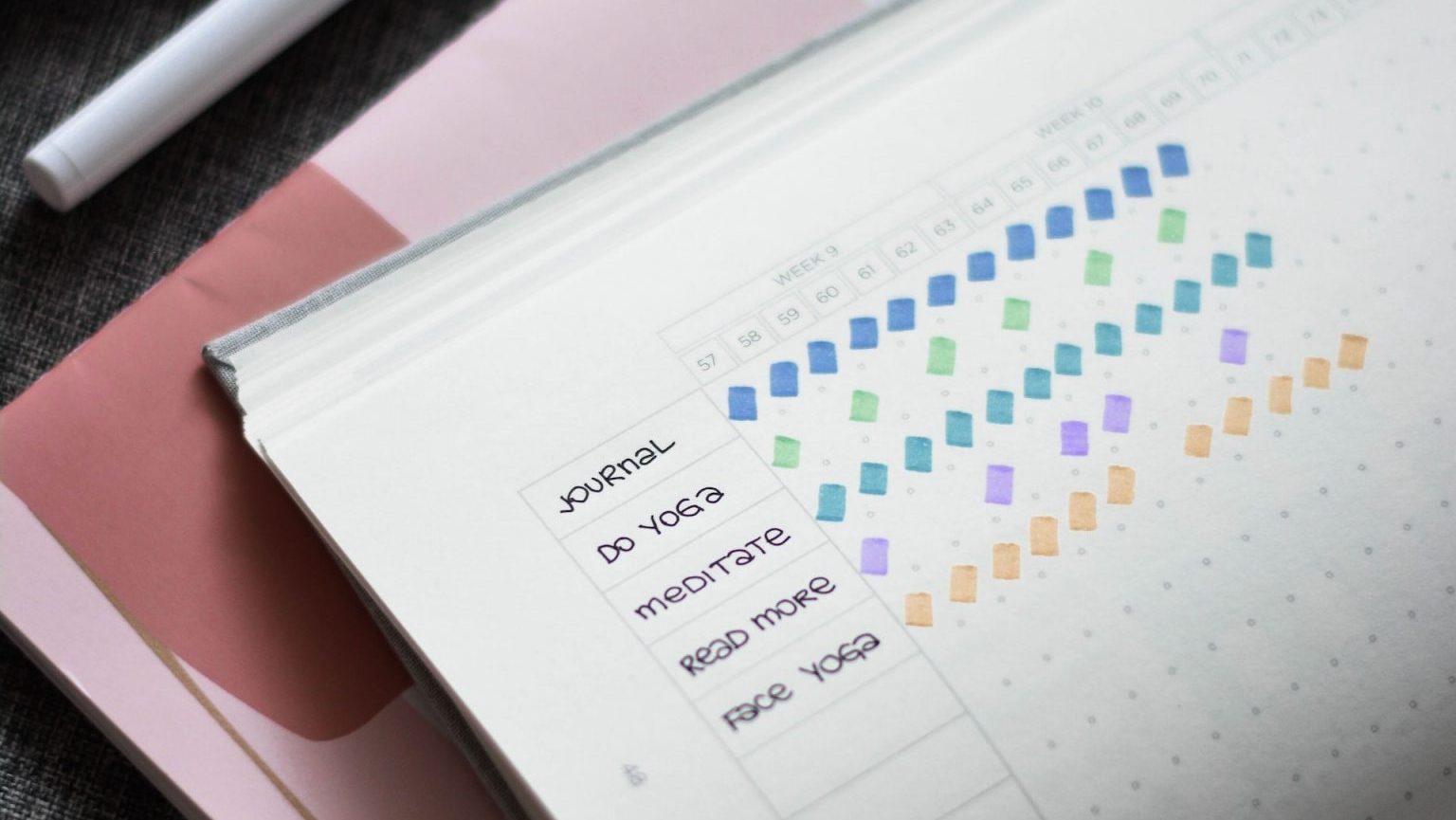Train Your Brain to Keep Hold of Good Habits

At one time or another, each of us has experienced the sensation of firm resolve: we’ll wake up earlier, eat right, check email less often, and so on. But the reliability of our current habits–from walking to the coffee pot in the morning to wanting a glass of wine with dinner–makes creating new ones quite difficult. But by better understanding how we form habits, we can become more effective in changing our own behavior for good.
While figures vary from person to person, most new habits require 66 days to form according to the University College of London. More intensive habits, such as establishing an exercise routine, may require up to an average of 84 days. To get there, it is helpful to create cues for your brain so it can find autopilot more easily. Drinking a glass of water in the morning, for example, or doing the same set of stretches before a run, can prime your brain for the activity ahead.
Our current (bad?) habits are most powerful when the brain is first cued into them and when the reward for doing them arrives. That means it is essential to establish a new reward for better behavior rather than just cutting out an old habit. So what are our worst habits? MIT professor Leonard Guarente elaborates:
Read more at Fast Company
Photo credit: Shutterstock





